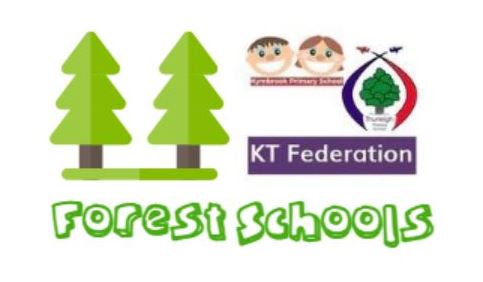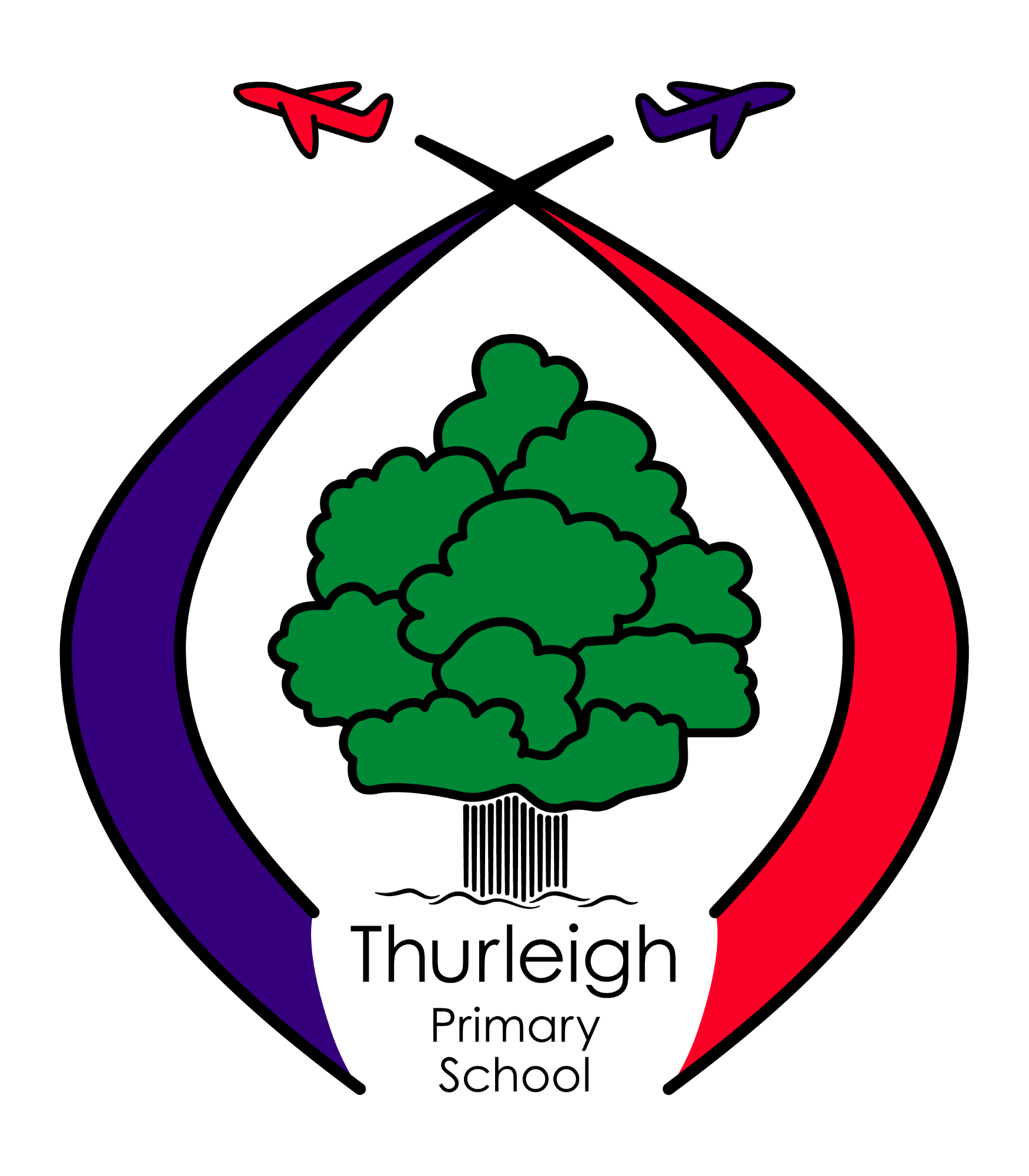Forest School

Forest School is on a Wednesday for all classes
|
|
|
Forest School LeadRanger Nina Sansom |
Ranger Angela Russell |
What is the Forest Schools Approach?
This approach came from a passion for nature that the Scandinavians call ‘friluftsliv’ (pronounced free-loofts-liv). The expression literally translates as ‘open-air living’, and is seen as a way of life in Scandinavia where Forest School began. It arrived in the UK in 1993 and has grown from strength to strength since then. Activities are child initiated, allowing the children to explore the outdoors and make choices about their own learning. The practitioner’s role is to observe and support the natural curiosity children have for the world around them, enabling the children to decide what they are interested in and what they want to do. The benefits are many and will include the opportunity for children to:
- develop their personal and social skills
- develop their language and communication skills
- develop practical skills and improve physical motor skills
- work through practical problems and challenges
- use tools to create, build or manage
- pursue knowledge that interests them
- build confidence in decision making
- evaluate risk
- explore connections between humans, wildlife and the earth
- reflect on learning and experiences
- regularly experience achievement and success which will lead to motivation
- learn how to manage failures
- discover how they learn best
- improve their concentration skills
- understand the benefits of a balanced and healthy lifestyle
Equal Opportunities
Every individual will be given the same opportunities during sessions, so that all are able to access activities with the support and guidance they need to be able to achieve and succeed.
How does the Forest Schools approach fit within our Federation Vision and Values?
'Our vision is to work in partnership with families to unlock the potential of every individual. Together, we nurture a self-belief and a lifelong passion for learning.'
Forest Schools will offer the opportunity for children to excel in different ways to traditional academics. Skills such as team-work, negotiation and problem solving will be learnt alongside the practical skills of using tools and a deeper understanding of the outdoors…all valuable in adulthood.
Children will be able to develop skills during sessions by following the Federation Values of Respect, Independence, Bravery, Determination, Working Together and Kindness.
Respect – for the environment and wildlife, the use of tools and fire, as well as respect for one another
Independence – opportunities for leading own learning and developing lines of inquiry
Bravery – safe and controlled risk taking by using tools and fire
Determination – persevering with challenging activities in all weathers
Working Together – activities that promote a team focus and collaborative thinking
Kindness – being kind to insects and plants, and each other
How does Forest School fit with other aspects of outdoor learning?
Over time, the Federation’s aim is that our Forest School approach will grow and develop to compliment our Federation ethos of Excellence - Enjoyment - Enrichment - Equality. The learning opportunities for our children will become broader and include:
Curriculum-Based Outdoor Learning
Utilising the outdoors to deliver content in an exciting and engaging way. An example of this would be an outdoor Maths Mastery session that includes collecting and sorting leaves using different criteria, or a link to history, such as our Y3&Y4 topic ‘Invasion!’ where the Vikings are brought to life in the woodland.
Environmental Education and Ecology
Deepening and engaging children’s interest in the natural world is important as we face challenges for nature in the future. Teaching about the natural world by planning and leading activities such as nature walks, species identification, bird watching and taking surveys of fauna. This will link in to our topics such as our Y5&Y6 ‘Is there a Solution to Pollution?’
Whole school initiatives will become a focus, such as using compost bins, recycling plastic to make bird feeders, plant pots or growing/maintaining a kitchen garden.
Making our Science Curriculum Tangible
Forest Schools will give a greater depth of understanding by giving children a respect for natural sciences. For example: developing observational and investigative skills such as watching minibeasts within their environments, growing and studying plants in our Y1&Y2 ‘Growing’ topic and looking at seasonal changes in our YR ‘Jolly Farmers’ topic.


